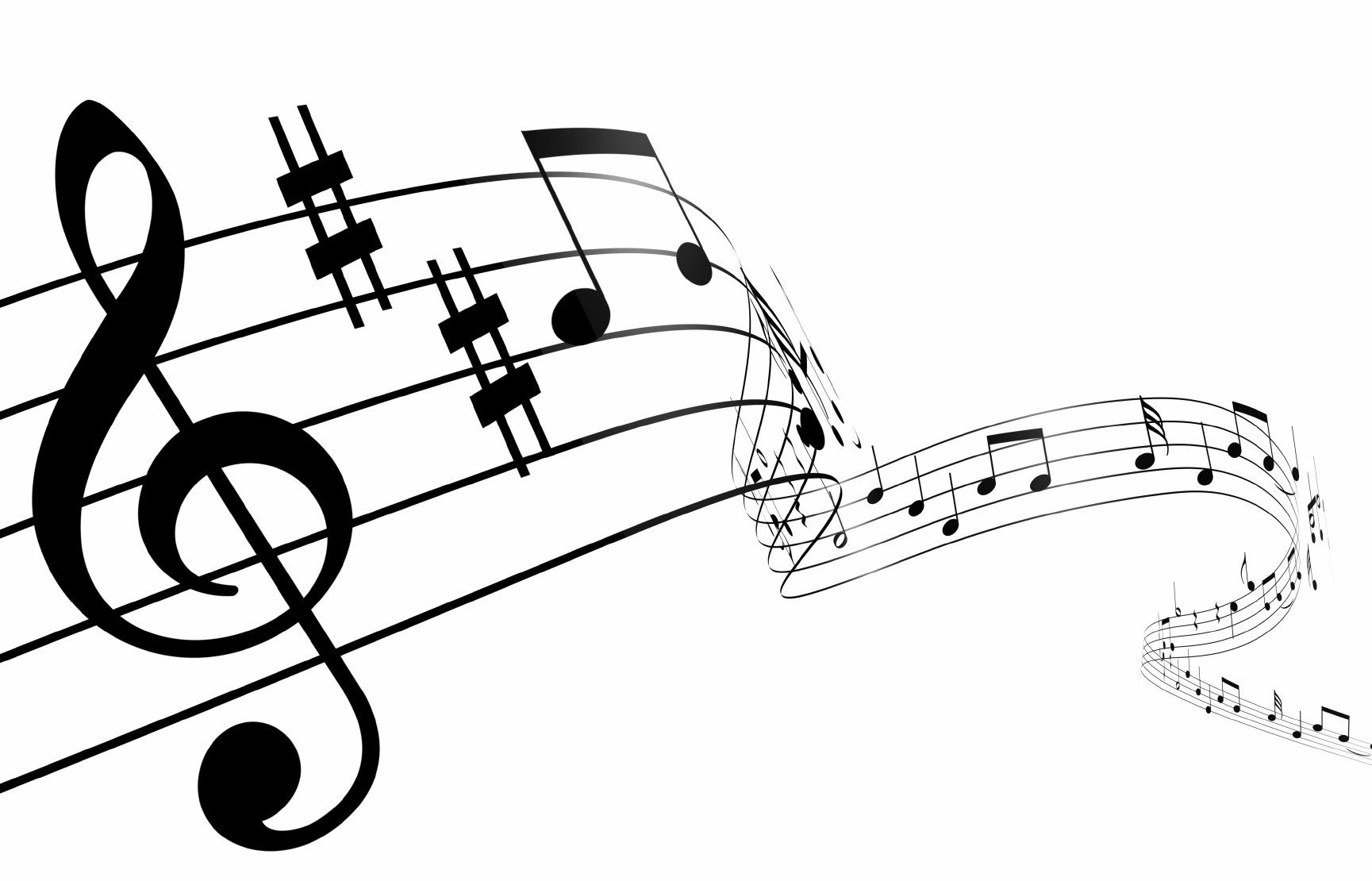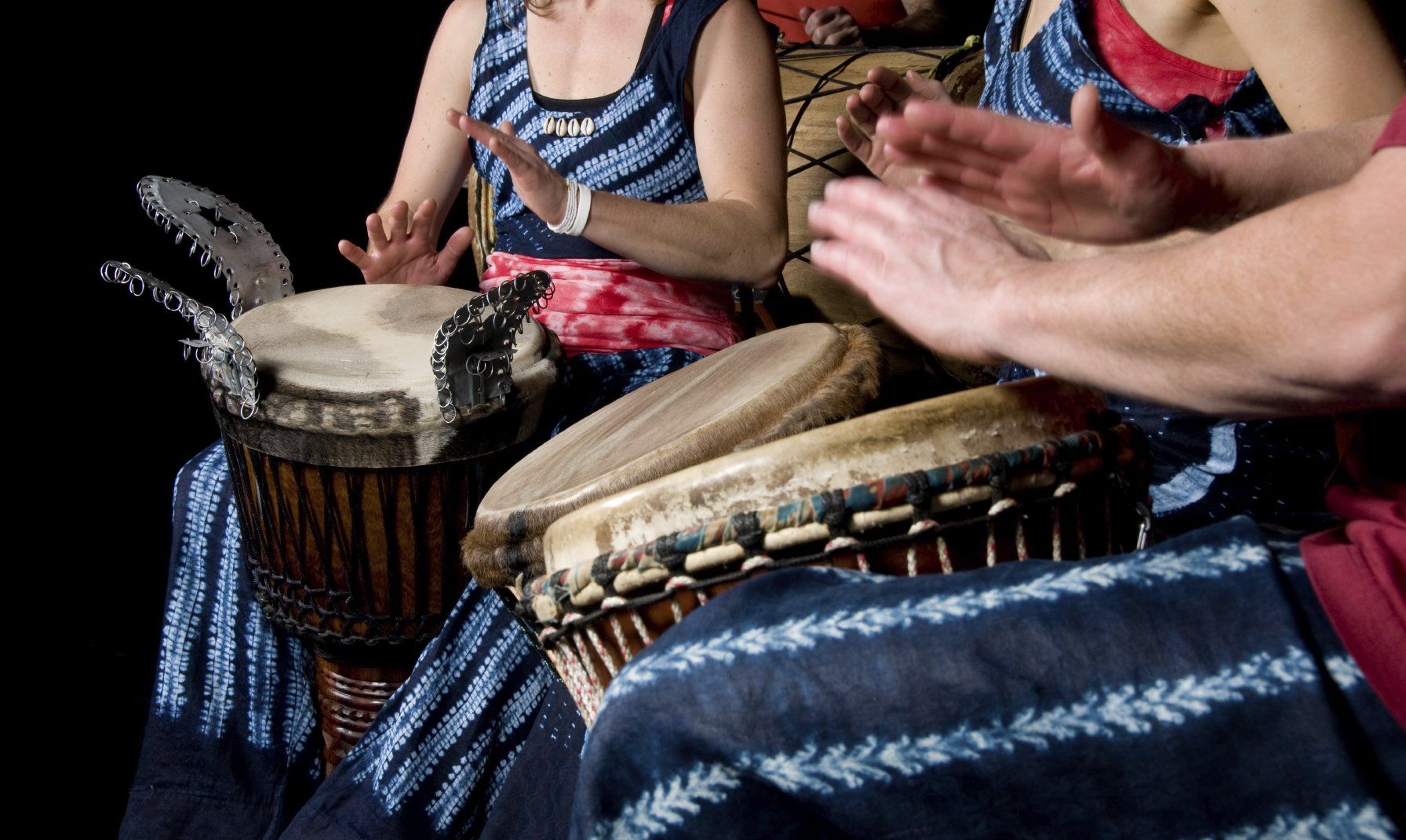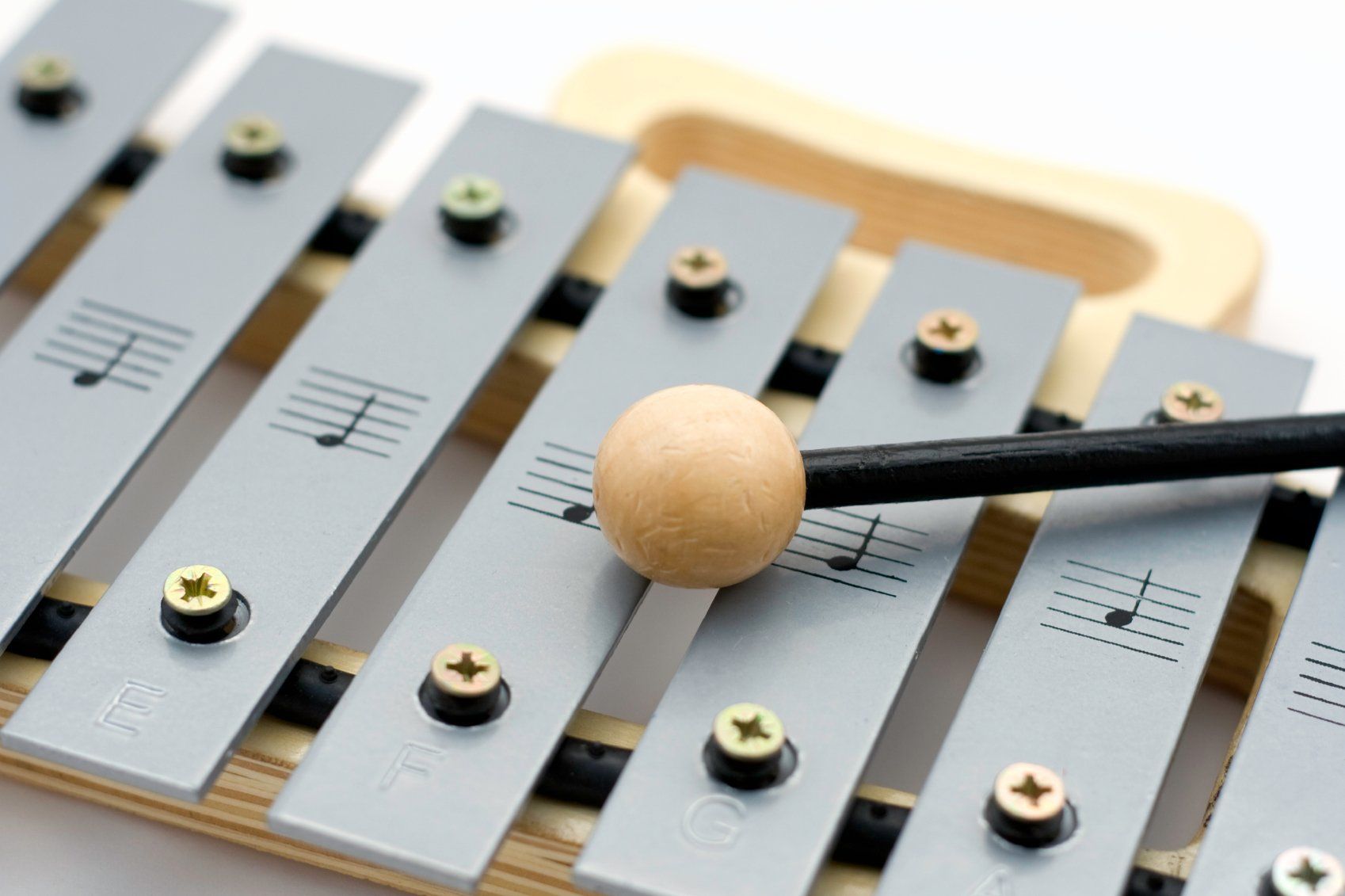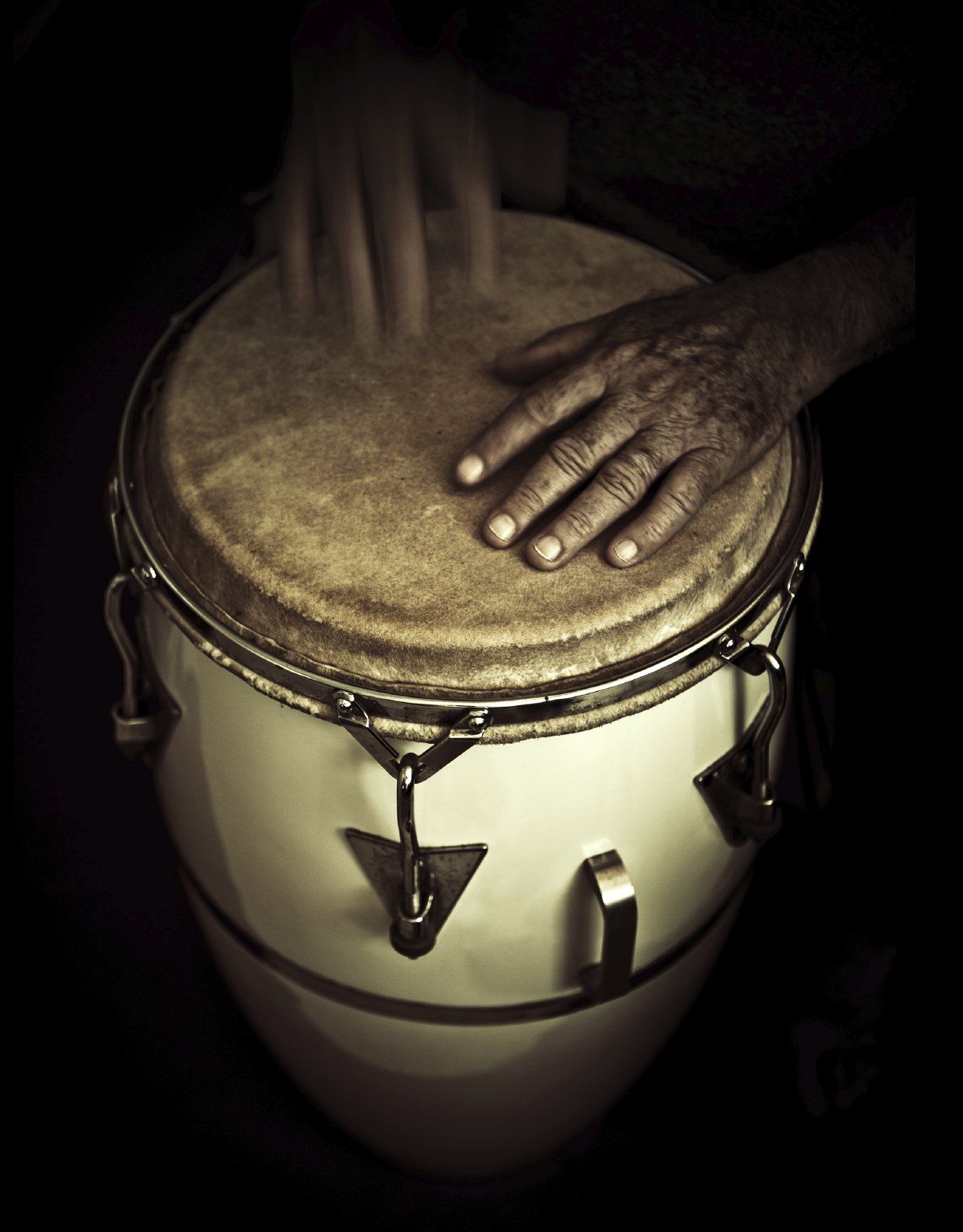Commit to Lifelong Learning
"perpetuam uitae doctrina!"
"Live as if you were to die tomorrow.
Learn as if you were to live forever." Mahatma Gandhi.

Percussion Musical Instruments!
Enrich Your Life! We are here to point you in the right direction and cheer you on.


Why not Learn to Play a
Percussion Instrument?
You can do it! It is worth a try!
Lifelong Learning:
Why Learning to Play Percussion Instruments is Good for Your Brain
Playing percussion instruments is a great way to learn a new skill and improve your brain health. Percussion instruments provide a great way for you to express yourself musically, and research has shown that learning to play them can have a positive impact on your overall brain health.

Here, we'll explore why learning to play percussion instruments is beneficial to your brain and how it can help you stay mentally active and healthy.

Kanjira Woman | Carnatic Frame drum | Lata Ramcher
